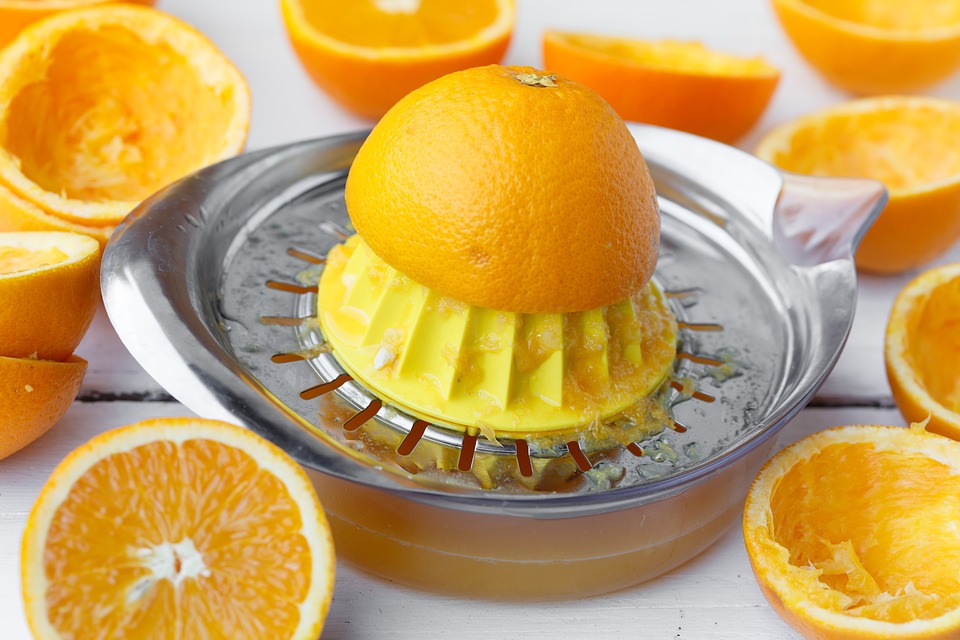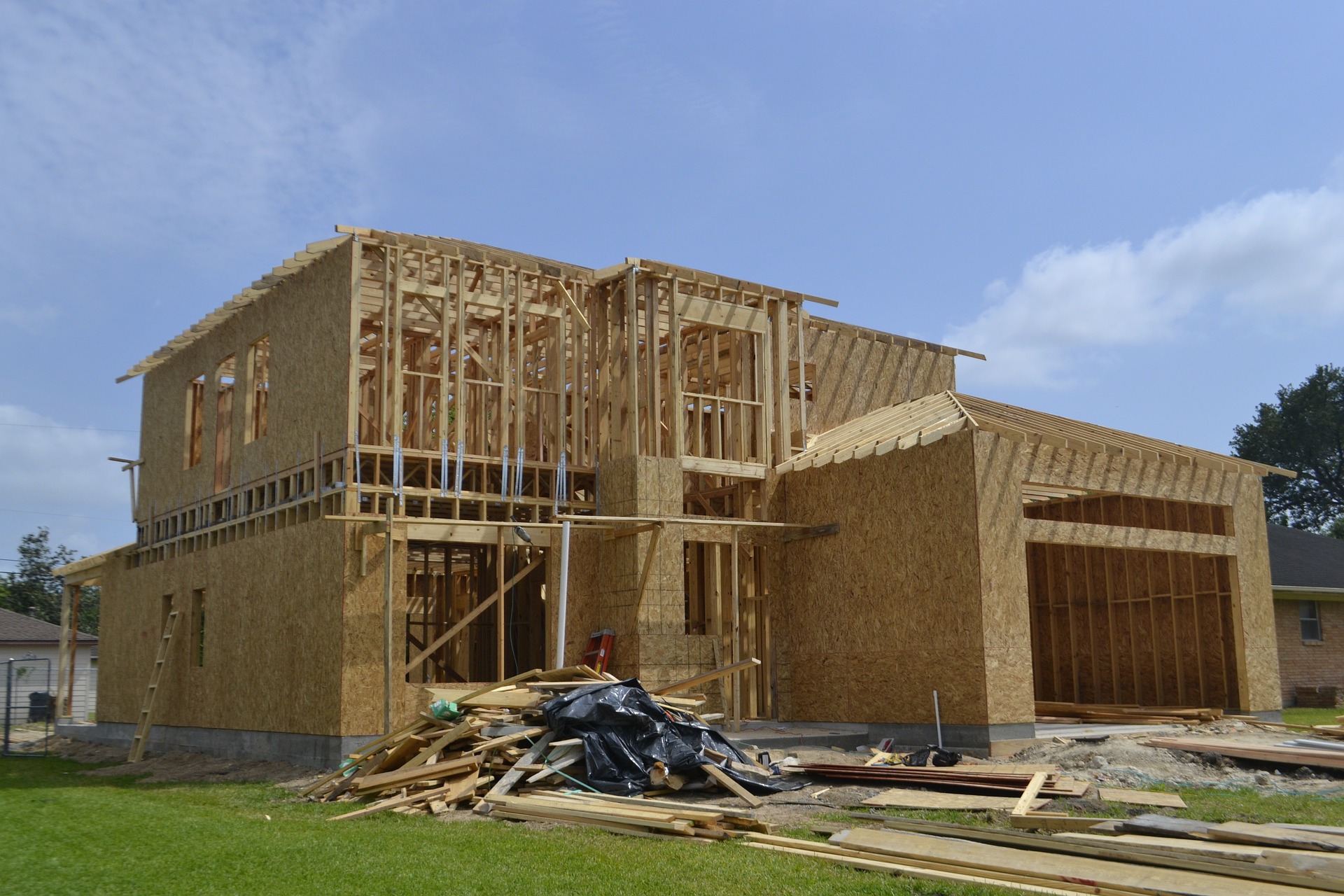Whole Home Water System: Points To Consider Before Buying

So, finally, you’ve decided to purchase a whole-home water system. It’s a smart decision you’ve ever taken as a homeowner. You will surely enjoy the health benefits of fresh, clean, and quality water. And your home will also thank you for guarding its pipelines & equipment against the impacts of severe chemicals present in hard water.
Above all, there’s a lot of things to consider when purchasing a water system for your home. To make things simpler, here are 5 primary questions to ask yourself before choosing a whole home water system.
But before we discuss those, it’s crucial for you to know what a whole-home water system is? So, let’s begin with quick basics!
Table of Contents
Table of Contents
- Whole-Home Water System
- Reverse osmosis
- Carbon-based Water Purification Filter
- Advanced or Next-Generation Technology
- Top 5 Things To Consider Are As Following
- Consider The Size
- Maintenance Charges
- Tested & certified
- Explore The Different Types
- Understand the Flow Rate
- What Else Should You Consider?
Whole-Home Water System
A whole-home water system is a kind of filter that is connected to the main supply to ensure that the water enters your home is purely treated & filtered.
Unlike point-of-use systems that are installed at a single water connection in the kitchen sink, Point-of-entry, also known as the whole-home water system, can be placed in front of the water heater to deliver purified hot & cold water to every tap in the home.
The whole-home water systems offer high capacity purification and can treat up to a thousand gallons of water per day. Like other drinking water purification filters, whole -home water filter systems are available with its different types, such as reverse osmosis, carbon, and advanced or next-generation filter technology. So, as per your needs, you can choose wisely.
If you are worried about what’s the primary difference between these 3 mentioned water filter systems, then here’s a brief about each of them.
Reverse Osmosis
Reverse osmosis water purification filter offers an excellent way of producing pure and fresh water for your home. Unlike other water-home filtering systems, these are more efficient, being capable of killing up to 95 – 99% of the harmful contaminants floating in your water.
Carbon-based Water Purification Filter
If you have a limited budget, then installing Carbon-based whole house filter systems should be your best decision. These are cost-effective and reliable compared to others. These filters thoroughly purify the water, containing organic compounds that make water taste weird or smell bad. In this system, contaminants quickly adhere to the surface of a cleaner and clean the whole water flows to your house.
Advanced or Next-Generation Technology
Advanced or Next-Generation Technology whole -home filter systems are the last but not least option that you can choose. These filters perform better than carbon filters and can be as powerful as RO filters at an economical price.
We hope, now you understood the difference between these 3 and you could easily choose the one, which suits your home requirements the most.
Moving ahead, let’s discuss the questions you need to ask yourself when you plan to buy a filter.
Top 5 Things To Consider Are As Following:
Should I Forget The Size?
Knowing size is a must-have! For fresh & mineral-rich water, consider a large water-home purifier system since it gives more water supply and an extended service interval.
While purchasing, make sure you check the port size as it affects the gallons per minute & the pressure of water, which flows into your home.
For the small apartments, the ideal size should be 4.5″x 20″. Alternatively, for large ones, you can install a system with a flow rate of 25gpm & 1 1/2 -inch ports.
Do I Consider The Maintenance Charges?
Before buying any whole-water home filter, make sure you know the required lifespan of the system- In simple words, its warranty & any needed maintenance. A salt-free whole-home water system will save you valuable time & money. It gives you fresh, purified, and quality water from every tap.
Don’t be fooled by water softeners! Many water softeners utilize salt and come with large salt tanks that need to be regularly refilled, hence, increase maintenance changes.
Which Filter System To Give Priority?
The American National Standards Institute and National Sanitation Foundation (ANSI/NSF) have created the national standard for whole-home water filtration certifications. So, make sure, the water system you’ve decided to purchase, has been certified by an NSF/ANSI accredited laboratories.
Note: If a filtration system claims to have verified & certified “parts,” then you should understand the filtration system as a whole has not been tested & verified, only the parts are verified.
So, always check the specifications of the parts wisely.
Why Not Overlook The Different Types?
With the progress in water filtration technology, there are many types of filter systems available now to purify water. You can have an option to choose whole-home water filters based on appearance, strength, maintenance, and overall expense.
Make sure you select the one which fits all your home & commercial industry needs.
Is Understanding The Flow Rate Is Essential?
The flow rate is typically measured in gallons per minute. It is the measure of the amount of water that can move through your home dispensers, including dishwashers, toilets, showers, and water heaters.
Therefore, when you plan to purchase a whole-home-water filter system, make sure to know the required specifications given by the manufacturer of your appliances. It is necessary because each has its own flow rate. If dishwashers have flow rates of 5 GPM, then toilets 3 GPM.
Depending on the size of your family & the number of water dispensers, an expert can help you measure the exact flow rate that your whole-home filter system should have.
Apart from these, there are many more considerations that you must know. But if you consider the above five while buying a filter, then you can have great results with a better performing filter.
What Else Should You Consider?
If you’ve used the whole home water system, let us know what you considered while making a purchase. It might help the ones who are planning to buy.
And if you are also thinking of buying and haven’t installed it in your home, then let us know what else you want to know. Ask us in the comment section below. We will get back to you immediately.
We hope you enjoy reading and get in touch with us for more!
Thanks for reading!
Learn More: whole home water system





